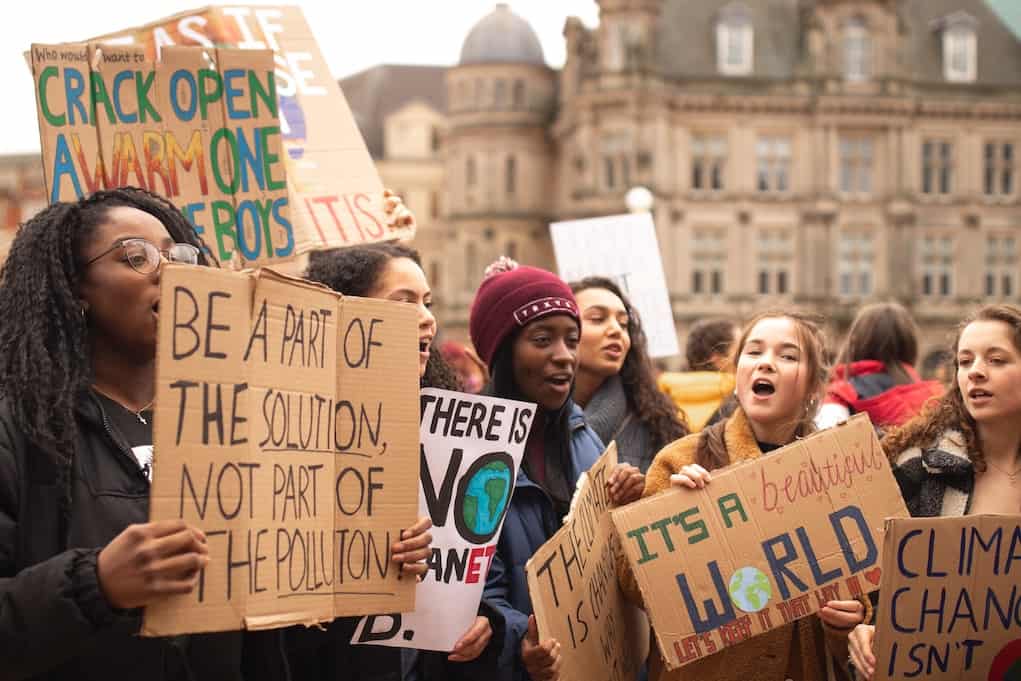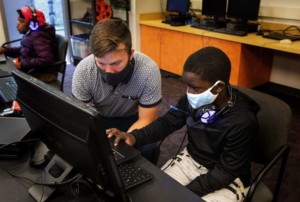Rebellion As An Act of Community and Self-Love

In 1951, Albert Camus, one of the great authors/philosophers of the 20th century, wrote an essay entitled The Rebel: An Essay on Man in Revolt. In this essay Camus laid the foundation for why rebellion is a necessary component of self-making: “Rebellion, though apparently negative, since it creates nothing, is profoundly positive in that it reveals the part of man which must always be defended.”
One of the key factors of rebellion is that it is both a service to the self and the community, a key component of many of the hallmarks we’ve noticed in innovative and effective learning models: difference making, solving interesting problems, and contribution to name a few. In this essay Camus writes, “In every act of rebellion, the rebel simultaneously experiences a feeling of revulsion at the infringement of his rights and a complete and spontaneous loyalty to certain aspects of himself,” as well as, “the affirmation implicit in every act of rebellion is extended to something that transcends the individual in so far as it withdraws him from his supposed solitude and provides him with a reason to act.”
Also in this essay, Camus presciently draws attention to our oneness with the earth and the importance of unity and common good: “In the light, the earth remains our first and our last love. Our brothers are breathing under the same sky as we; justice is a living thing.”
In many cases, rebellion serves as a catalyst for the famous Martin Luther King Jr. quote, “the arc of the moral universe is long, but it bends towards justice;” in this time of complexity, opportunity and global challenges we must continue to work for equity, inclusion, and unity.
How might we benefit from a student protest to make our school/system better?
- Listen to a podcast about Portland Public Schools climate justice curriculum which came, in part, from a student protest
- Learn how Crosstown High in Memphis embraced the lessons of a student walk out
- Learn from Jerome Foster III who has protested on the climate crisis outside the White House for 70 weeks
How might we encourage students to cover and learn from protest?
- Watch students video coverage of Occupy protest in Oakland
- Check out Getting Our Voices Heard or Students as Changemakers: Then and Now, interactive strings on Composer
How might we learn from parents and educators in the struggle for justice?
- Listen to Kaleb Rashad, High Tech High GSE, discuss race and education in America
For more, see:
- Why Difference Making is the New Superpower
- Difference Making: New Tech Makes it Easier than Ever
- 24 Goals to Save the Planet (+1 in Case We Don’t)
Stay in-the-know with innovations in learning by signing up for the weekly Smart Update.







0 Comments
Leave a Comment
Your email address will not be published. All fields are required.